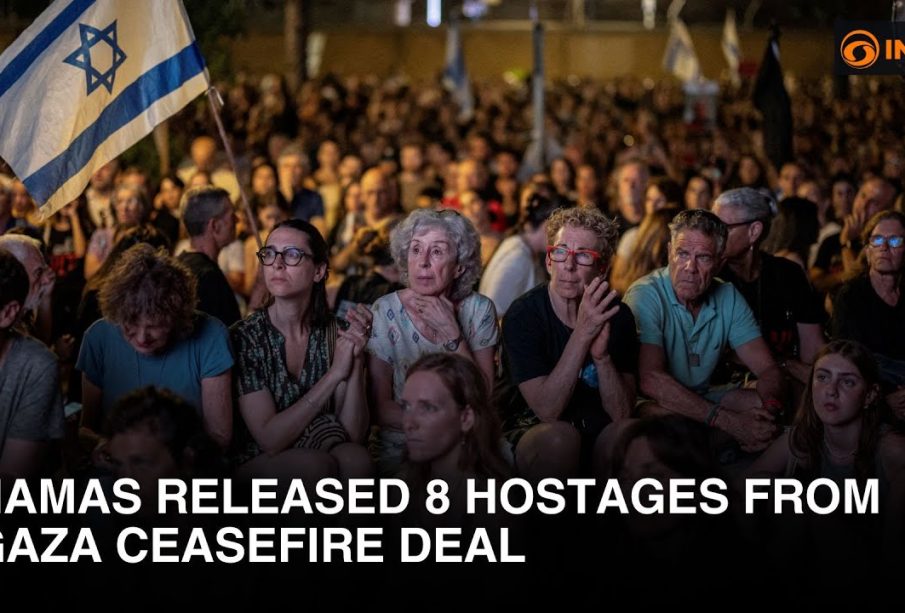Understanding the Current Situation of Hostages Worldwide

Introduction
Hostage situations have been a troubling aspect of global conflict and crime, creating significant emotional distress for families and communities. As geopolitical tensions rise, the issue of hostages continues to garner international attention. Understanding the current landscape is crucial for grasping the challenges faced by nations in resolving such crises.
Recent Events
In recent months, various reports have emerged detailing hostage situations involving groups such as terrorist organisations and criminal networks. A notable incident took place in the Middle East, where a group of hostages was taken by an armed faction during escalating conflicts. Reports indicate that international bodies and local governments are negotiating their release, highlighting the desperate need for dialogues in resolving such emergencies.
International efforts to address hostage situations have intensified, with numerous NGOs advocating for more comprehensive support systems for victims and their families. High-profile cases, like the ongoing cases involving American and European citizens, underscore not just the human suffering involved but also present challenges for diplomatic relations as governments seek to avert further hostage scenarios.
Global Impacts and Responses
The impact of hostage situations extends beyond the immediate geographical area. Nations often find themselves involved in complex negotiations that can affect international relationships. In the context of the ongoing crisis, countries such as the United States and United Kingdom have collaborated with allies to develop strategies aimed at both rescue and prevention of hostage-taking incidents.
Furthermore, the issue is gaining attention through global campaigns aimed at raising awareness about the plight of hostages. Recent social media movements have united people globally, calling on governments to prioritize the safety of citizens abroad and work towards policies that can prevent future hostage situations.
Conclusion
The hostage crisis remains a critical issue that highlights the intersection of security, diplomacy, and humanitarian concerns. As conflicts persist and negotiations continue, it is vital that the international community remains engaged in discussions surrounding the treatment and prevention of hostage-taking. Through cooperation and a commitment to addressing the root causes of these conflicts, the hope is to minimize such situations and ensure the safety of those at risk, including innocent civilians caught in the crossfire.









